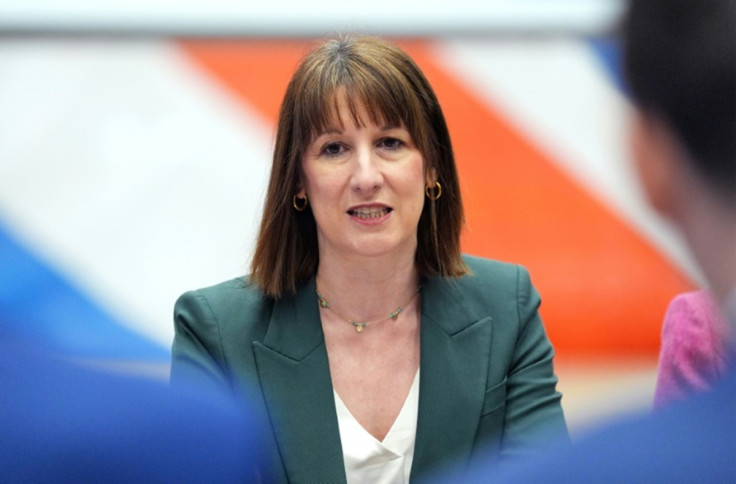Rachel Reeves on the Budget: Why Tax Rises and Spending Cuts Could Be Inevitable
The chancellor's statement raises fears the economy could enter a 'doom loop.'

Chancellor Rachel Reeves has revealed that she is considering both tax increases and spending cuts in preparation for the upcoming budget, marking a shift from her previous reluctance to discuss potential tax hikes.
'Of course, we're looking at tax and spending as well,' she told Sky News. This comes after Reeves was briefed on the scale of the fiscal black hole she now faces, with estimates suggesting a shortfall of up to £30 billion.
Earlier this month, the Office for Budget Responsibility (OBR) provided Reeves with a preliminary report outlining the country's financial situation, which highlighted a significant gap in public finances.
The downgrade in productivity, coupled with the reversal of winter fuel and welfare measures, has increased pressure on the government to find substantial revenue and savings to balance the books.
Analysts warn that without decisive action, the UK could face persistent budget deficits in the years ahead.
Economic Pressures
Reeves' statement comes amid growing concerns over the possibility of the economy becoming trapped in a 'doom loop,' with yearly deficits potentially leading to repeated tax increases.
Ministers have said before that they are worried about relying on future spending cuts to enforce budget rules.
To complicate matters further, The Guardian reports that the International Monetary Fund (IMF) has slightly raised the United Kingdom's growth forecast for 2025 by 0.1% to 1.3% of GDP, but next year's growth forecast remains unchanged at 1.3%. Compared with projections from last autumn, this represents a 0.4-percentage-point reduction in growth prospects.
Despite these modest figures, the UK would still rank second among G7 countries in GDP growth, behind only the United States.
Reeves also pointed out that a lot of outside factors are affecting the economy, such as geopolitical instability, trade barriers, and the ongoing effects of Brexit.
She said the current financial gap is worse because of austerity, past mini-budget policies, and the economic effects of leaving the European Union. These things are likely to affect how she balances the budget and how people react to possible tax increases.
Preparing for Budget
With the budget scheduled for late November 2025, Reeves is expected to make difficult decisions that will impact households and businesses alike.
Economic experts suggest that a combination of tax hikes and spending cuts will be necessary to ensure that day-to-day government expenses relies primarily on revenue rather than borrowing by 2029 to 2030. This approach reflects the government's commitment to fiscal discipline, despite the political and social challenges it may generate.
As Reeves prepares to unveil the budget, attention will focus on how she manages the competing demands of economic prudence, political support, and social fairness.
With the UK facing slow productivity growth, inflationary pressures, and lingering economic uncertainties, the decisions made in the coming weeks are likely to have lasting consequences for the country's financial stability and public confidence.
© Copyright IBTimes 2025. All rights reserved.



















